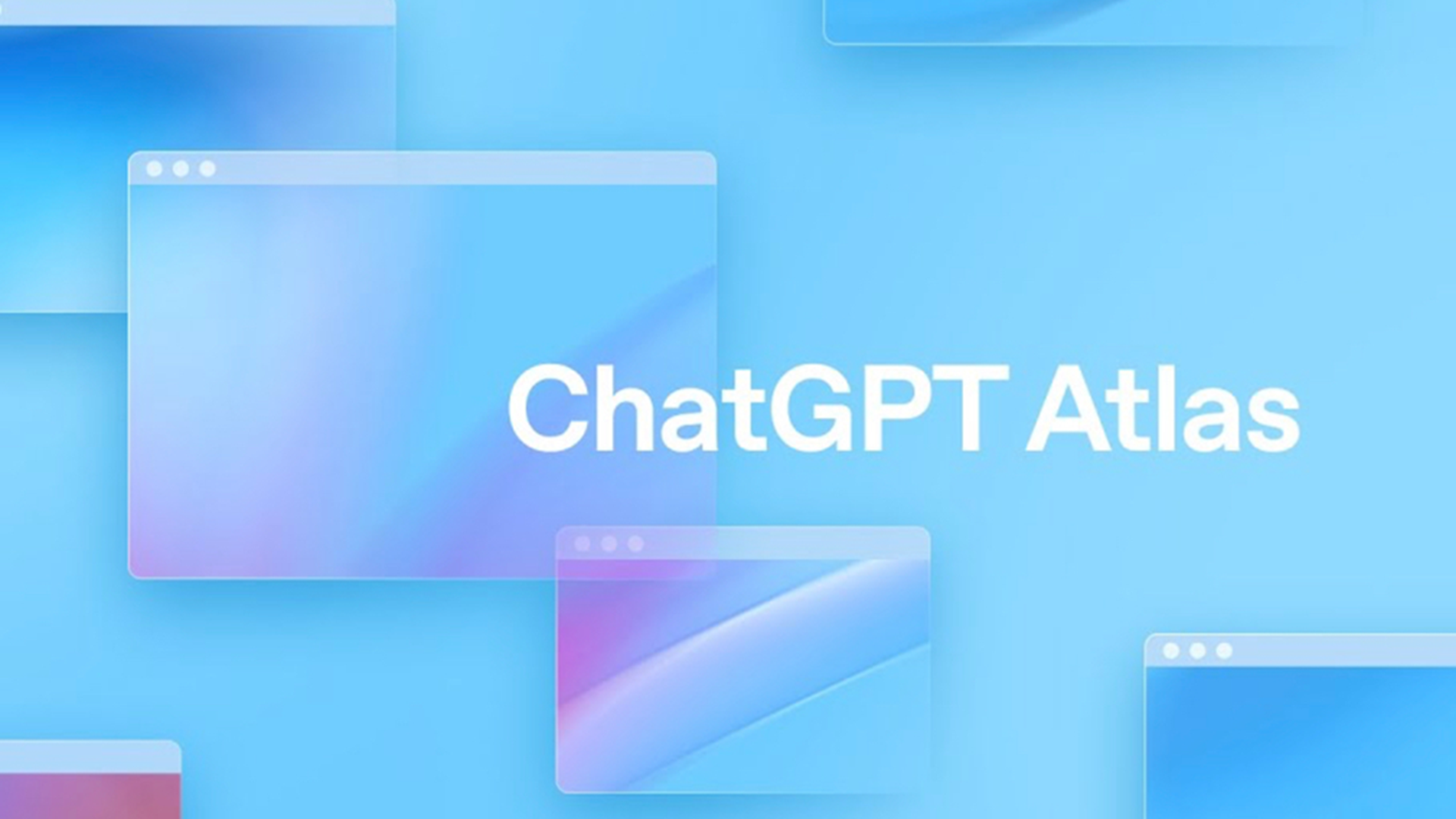OpenAI Introduces ChatGPT Atlas Browser for macOS, Plans Expansion to Windows, iOS, and Android

Key Points
- OpenAI launches ChatGPT Atlas, an AI‑powered browser for macOS.
- The browser embeds ChatGPT directly alongside web pages for continuous assistance.
- Memory feature personalizes interactions by remembering user preferences and context.
- Agent mode automates tasks such as form‑filling, reservations, and email editing.
- Built on OpenAI’s Operator agent technology for real‑time page navigation and actions.
- Windows, iOS, and Android versions are announced as upcoming releases.
OpenAI has launched ChatGPT Atlas, a new web browser that embeds the ChatGPT AI directly into the browsing experience. Initially available for macOS, the browser offers features such as contextual memory, on‑page assistance, and an Agent mode that can automate tasks like form‑filling, reservations, and email editing. OpenAI says versions for Windows, iOS, and Android are forthcoming. The browser leverages OpenAI’s Operator agent technology and aims to streamline everyday web activities by keeping the AI companion visible alongside web content.
OpenAI’s New Browser Debuts on macOS
OpenAI has officially released ChatGPT Atlas, a web browser that integrates the ChatGPT conversational AI directly into the browsing interface. Unlike traditional setups where users switch between a browser tab and a separate chatbot window, Atlas presents a persistent AI transcript alongside the webpage, allowing users to ask questions, receive summaries, and request actions without leaving the page.
Key Functionalities Built Into Atlas
The browser introduces several AI‑driven capabilities. A memory feature lets Atlas remember user preferences and browsing context, personalizing interactions over time. An Agent mode enables the AI to perform actions on the user’s behalf, such as completing forms, making reservations, or editing email drafts through what OpenAI calls “cursor chat.” The assistant can also summarize pages, fill out repetitive fields, and automate routine web tasks, reducing the need for manual input.
Technical Foundations
OpenAI notes that Atlas runs on its Operator agent, an existing AI engine capable of navigating pages, executing commands, and adapting in real time. This underlying technology powers the browser’s ability to interact with web elements and carry out user‑directed actions without requiring additional extensions or plug‑ins.
Platform Availability and Roadmap
At launch, ChatGPT Atlas is available for macOS users worldwide. OpenAI has indicated that versions for Windows, iOS, and Android are in development and will be released in the near future. The company positions the browser as its most significant step into daily‑use software, aiming to make web browsing more intelligent and low‑maintenance.
User Experience and Interface
When using Atlas, users see both the website and the ChatGPT transcript simultaneously, unless they choose to hide the AI pane. The design seeks to feel familiar to standard browsers while offering AI enhancements that eliminate the need for separate extensions or copy‑and‑paste workflows. The AI can also assist with writing tasks, such as polishing email content, directly within the browser.
Implications for the Browser Landscape
By embedding AI directly into the browser, OpenAI aims to differentiate Atlas from traditional browsers that rely on third‑party extensions for similar functionality. The integrated approach promises a seamless experience where the AI is always accessible, potentially reshaping how users interact with web content and perform routine online activities.